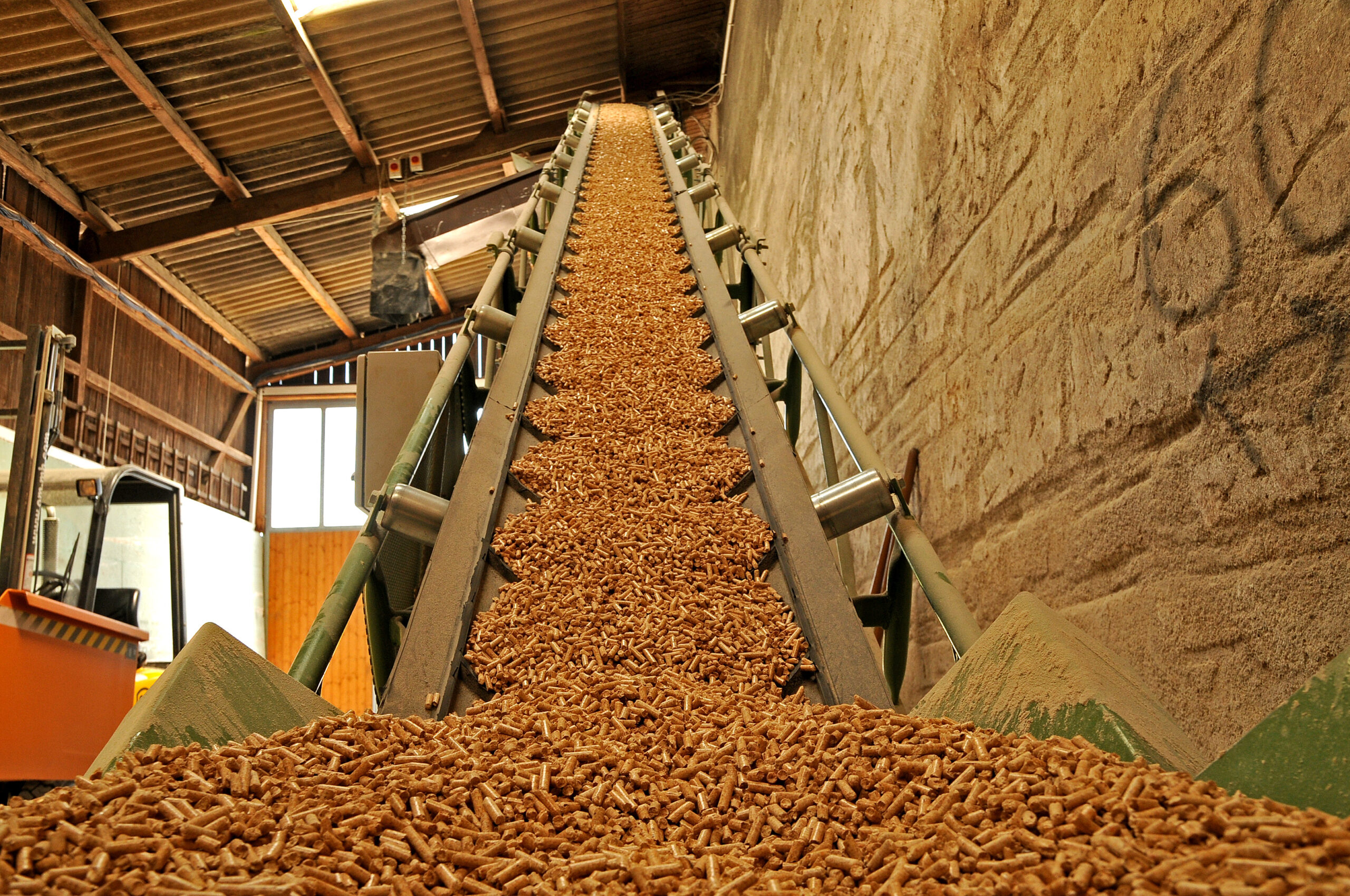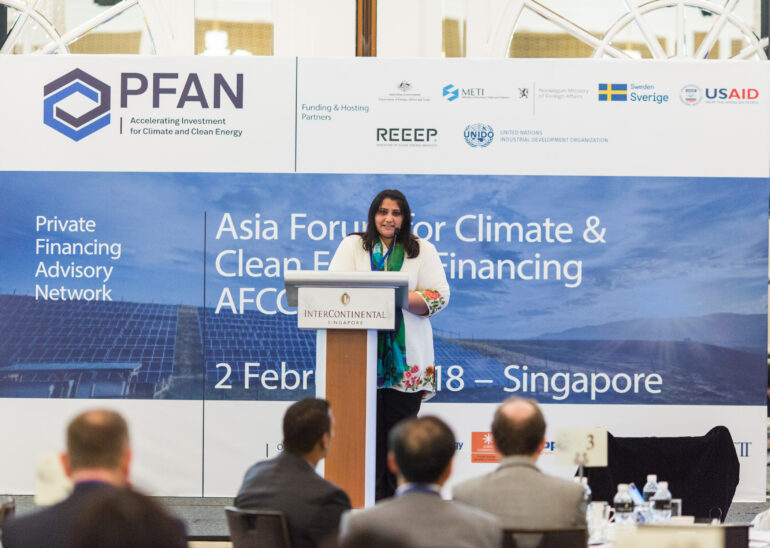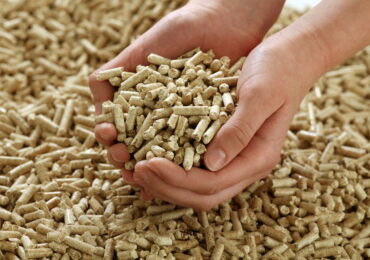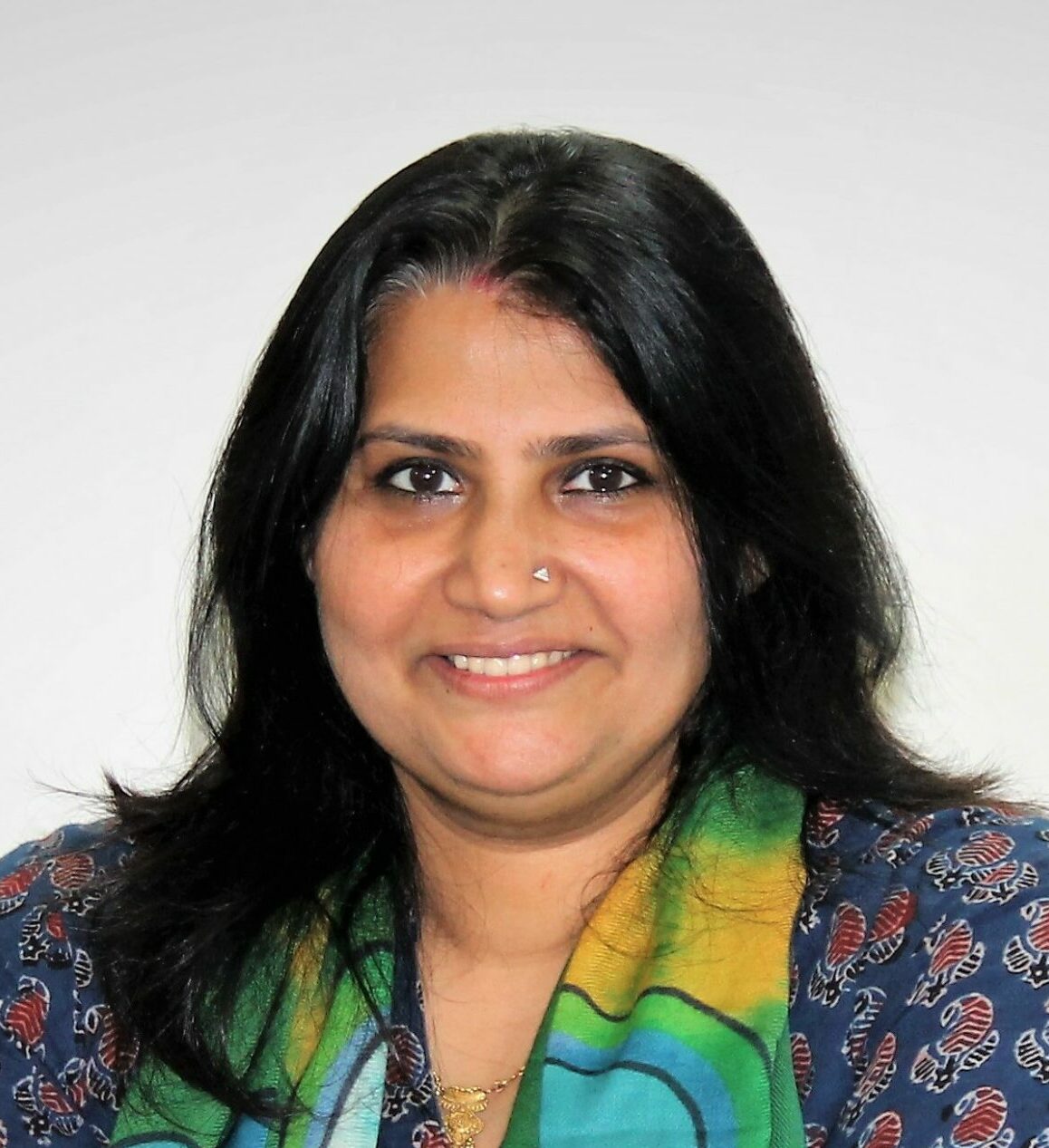
In India, the founders of Erda Illumine found themselves seeking new ways to fight climate change. Burning agricultural waste has long been a major cause of air pollution in the country, with efforts to stop it failing every single year. Fumes contribute to amassing greenhouse gases, while endangering the health of hundreds of millions of people.
It was this thinking that led co-founders Etti Khanna and Gagandeep Arya to their vision — “To provide a sustainable and economical solution to decarbonise our ecosystem” — soon settling on biomass palletisation. Erda Illumine Alternative Fuel Pvt Ltd was born and soon implemented a pilot plant in the city of Nagpur located in the central Indian state of Maharashtra.
“We looked at different projects closely and settled for biomass palletisation since it was eradicating both local air pollution and global warming,” says Etti Khanna. “The opportunity gap is very large. There is space for many players.” Erda Illumine’s is double-dividend solution, taking agricultural waste as their raw material, converting it into biomass pellets that can act as fossil fuel replacements for industry.
The potential impact of Erda Illumine’s innovative biomass fuel on the Sustainable Development Goals are copious, with benefits ranging from new sources of income for farmers increasingly facing poverty, the provision of alternative energy sources that are both green and affordable, and the creation of a resilient energy source for sustainable industrialization yet to come.
We all know 'the mind is like an umbrella, it only works when it is opened'. The PFAN team opened our minds and brought us clarity of vision, which is an essential ingredient to defining action plans.
“The rigorous training and guidance we received from PFAN mentors framed our thought process,” says Etti. ”We all know ‘the mind is like an umbrella, it only works when it is opened”. The PFAN team opened our minds and brought us clarity of vision, which is an essential ingredient to defining action plans.”
”Post training, we have been diligently working towards our expansion plans. With high levels of awareness towards climate change and Save the Soil, the market is now geared to use our clean fuel biomass pellets instead of the polluting fuels like coal, diesel and petroleum gas. We are ready to go ahead and involve investors and increase our horizon. We are forever indebted to the PFAN team, they helped us create a clear vision aligned to the investors’ expectations. We would take this opportunity to humbly thank them.”
In operation since 2015, it’s taken several years for Erda Illumine to stabilize operations, troubleshooting a variety of technological barriers along the way. Different types of agricultural waste are available from season to season, each coming with varying properties.
“Initially the agricultural wastes did not bind, and we had lot of mechanical breakdowns,” explains Khanna. Overtime, the team devised combinations that could bind, and how to deal with and financially prepare for inevitable mechanical breakdowns. “6 years into this stream, we have mastered our operations!” Nonetheless, R&D remains a key part of Erda Illumine’s activities.
Currently operating at a plant capacity of 140MT/day, the firm is seeking funds to expand its exciting operations. PFAN’s advisors have played a key role in expansion thus far, offering vital advice and inviting Erda Illumine to key events.
The startup was even a runner up for Best Business Plan at the 2018 PFAN Asia Clean Energy Financing Awards in Singapore. Considering the replication potential and growing demand for green energy throughout India, Erda Illumine is expanding at just the right time, very much able to expect large positive impacts on the back of India’s government beginning to roll out mandates for the use of biomass pellets in 2021.
“It’s inspiration that drove us,” explains Khanna. “We have been climate change consultants by heart and have been providing Climate Change and Sustainability advisory services to Indian industries since 2000. We all understood we need to change the way of doing things before we reach a point of irreversible climate change situation.”




